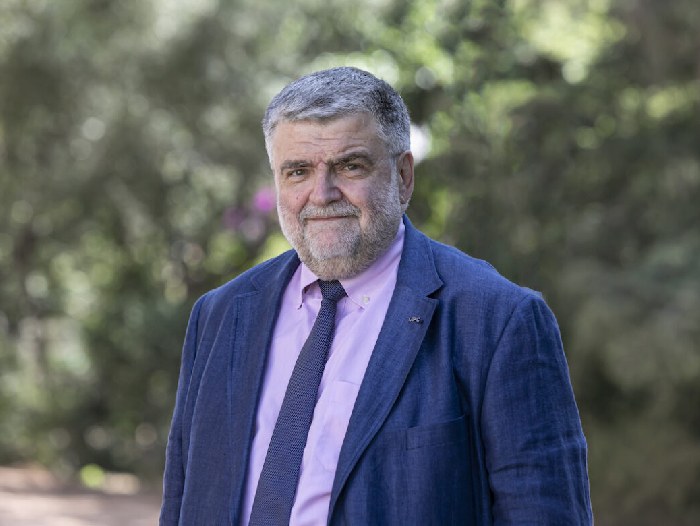"We need to rethink the model so that research impacts companies and employment"
Jul 03, 2025
Jordi Berenguer, new Vice-rector for Transfer, Innovation and Entrepreneurship at the UPC, highlights in a recent interview with The New Barcelona Post the importance of promoting a university model that guarantees that research has a real impact on society, especially through collaboration with business and the creation of jobs. He highlights the Fractus experience as a paradigmatic case of innovation successfully transferred from the university to the market, and claims the key role of spin-offs as a driver of the country's economic and technological transformation.
Getting knowledge to move beyond classrooms and laboratories and being able to return the resources and efforts invested to society, through the creation of jobs, disruptive technologies and companies that excel on a global scale. This is the challenge that Jordi Berenguer (Manresa, 1959) has been taking on since June, when he was appointed Vice-rector for Transfer, Innovation and Entrepreneurship at the Universitat Politècnica de Catalunya - BarcelonaTech (UPC), at the proposal of the university's new rector, Francesc Torres. He explains this in an interview with the digital media 'The New Barcelona Post', in which Berenguer stresses the need to "rethink the model so that research impacts companies and employment" and transcends academic boundaries.
A doctorate in Telecommunications Engineering and promoter of the ESA BIC in Castelldefels, Berenguer advocates consolidating "a virtuous circle" that guarantees the return on public resources invested in R&D through the creation of jobs and disruptive technologies. He is committed to strengthening ties with Catalan SMEs, "the true engine of the local economy", and to multiplying synergies between campuses —from Manresa to Terrassa— and the business community.
The new Vice-rector also highlights the importance of building student loyalty and the alumni ecosystem, as well as expanding the network of business chairs and programs such as Connèxia, with which Fractus (through the Fractus-UPC Deep Tech Hub) and other companies already collaborate on cutting-edge projects. With these instruments, the UPC aspires to be not only a training and research center, but also a catalyst for the economic and social development of Catalonia.
Read the news from The New Barcelona Post:
Jordi Berenguer (UPC): “Cal repensar el model perquè la recerca impacti en empreses i ocupació”

Share: